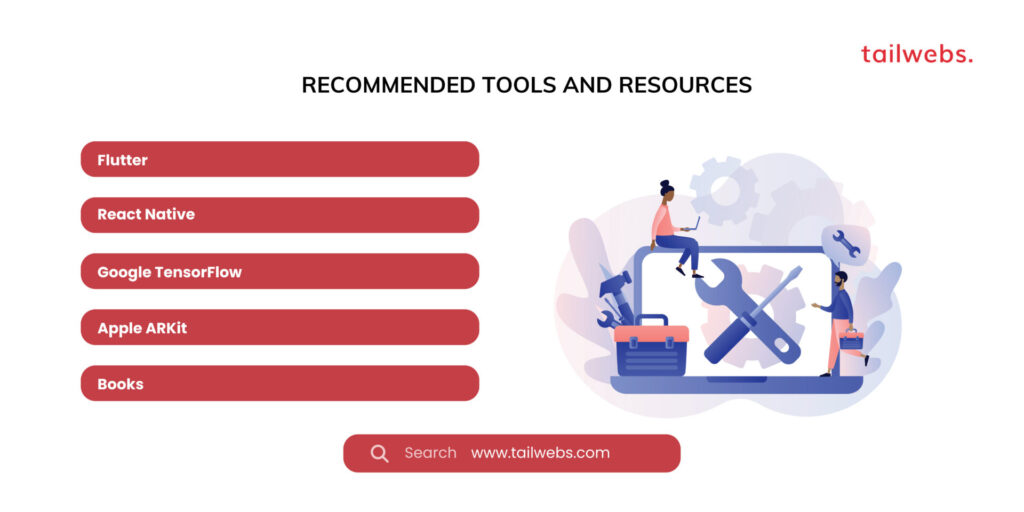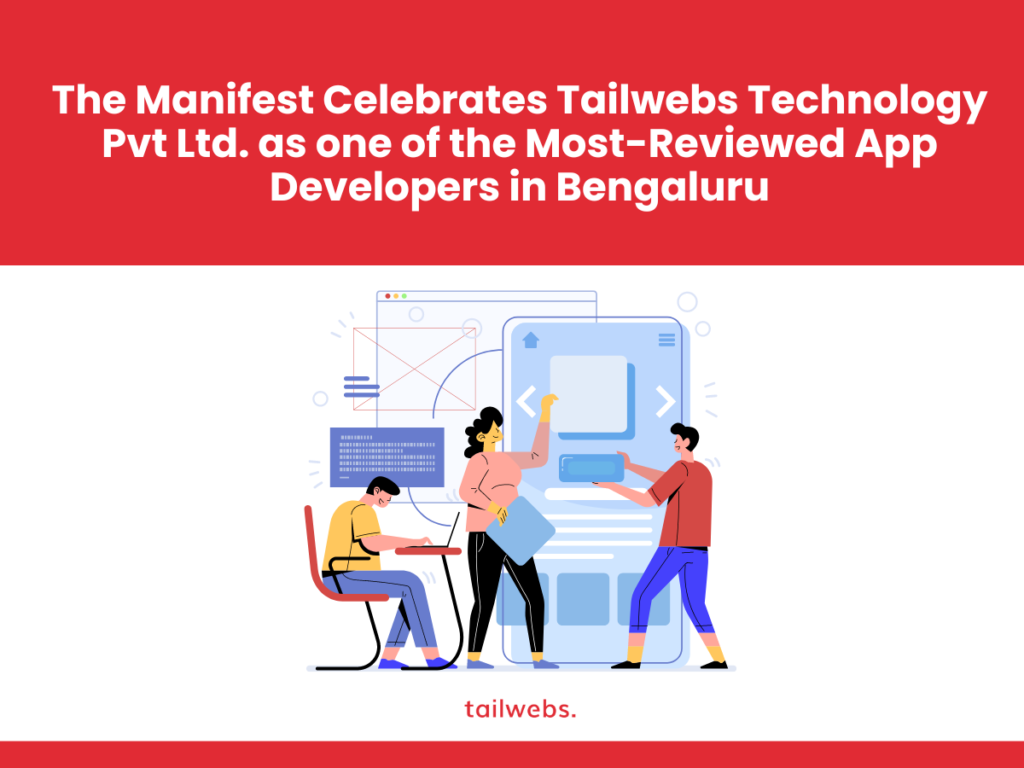Imagine a world where your phone isn’t just a screen, but a portal to a seamless reality. Where personalised experiences adapt to your every whim, and cutting-edge technology empowers you in ways never before imagined. This isn’t science fiction, it’s the future of mobile development, and the road ahead is paved with innovation. Buckle up, fellow pioneers, as we explore the trends and technologies reshaping the mobile landscape!
The Rise of the Super App:
Gone are the days of app overload. Users crave consolidated experiences that cater to their diverse needs. Enter the super app, a single platform housing a plethora of functionalities, from messaging and e-commerce to social networking and even healthcare services. Think WeChat in China or Gojek in Southeast Asia – these multifaceted giants are paving the way for a streamlined future.
Augmented Reality (AR) Takes Center Stage:
No longer confined to Pokemon Go, AR is poised to revolutionise everything from shopping to education. Imagine trying on clothes virtually, exploring historical landmarks through your phone screen, or receiving interactive learning experiences overlaid on your surroundings. The possibilities are endless, and developers are crafting tools like Apple’s ARKit and Google’s ARCore to make it all a reality.
Artificial Intelligence (AI) Empowers Mobile Experiences:
From personalised recommendations to predictive maintenance, AI is infiltrating every aspect of mobile development. Imagine an AI assistant suggesting the perfect restaurant based on your mood and location, or a health app predicting potential health issues and proactively prompting preventative measures. This integration of AI will personalise and optimise our mobile experiences like never before.
Foldables Unfold New Possibilities for Mobile Development:
The future of mobile hardware is flexible. Foldable devices are pushing the boundaries of form and function, offering larger screen real estate without sacrificing portability. Imagine editing documents on a tablet-sized display that effortlessly folds into your pocket, or playing immersive games on a device that transforms into a mini-console. Foldables represent a new era of mobile interaction, and developers are creating apps that take advantage of their unique capabilities.
The Metaverse Beckons:
While still in its nascent stages, the metaverse is slowly seeping into the mobile realm. Imagine attending virtual concerts and conferences, collaborating with colleagues in immersive workspaces, or even buying and owning virtual assets – all through your mobile device. As the metaverse evolves, expect mobile development to play a crucial role in bridging the gap between the physical and digital worlds.

The Stats Don’t Lie:
- 57% of users prefer using a single app for multiple tasks. (Statista, 2023)
- The global AR market is projected to reach $196.7 billion by 2026. (ARtillery Intelligence, 2023)
- AI in mobile apps is expected to generate $6.2 billion in revenue by 2026. (Business Insider, 2023)
- Foldable smartphone shipments are expected to reach 32.7 million units by 2025. (Counterpoint Research, 2023)
- The global metaverse market is expected to reach $800 billion by 2024. (Bloomberg, 2023)
Preparing for the Future:
So, how can you, as a mobile developer, navigate this exciting but complex landscape? Here are some tips:
Embrace multi-platform development:
Tools like Flutter and React Native allow you to build cross-platform apps, reaching a wider audience.
Invest in learning new skills:
Stay ahead of the curve by acquiring expertise in technologies like AR, AI, and blockchain.
Focus on user experience:
Design intuitive and engaging apps that cater to the evolving needs of your users.
Keep experimenting and innovating:
The future of mobile is in constant flux, so be prepared to adapt and embrace new trends.

Recommended Tools and Resources:
- Flutter: A cross-platform mobile app development framework.
- React Native: A JavaScript framework for building native mobile apps.
- Google TensorFlow: An open-source library for machine learning.
- Apple ARKit: A framework for developing AR apps on iOS devices.
- Books: “App Empire” by Gabriele Pizzurro, “Augmented Reality” by Steve Hobbs, “Building Chatbots with Python” by Sumit Raj

Conclusion:
The future of mobile development is a kaleidoscope of possibilities. From AI-powered assistants to immersive AR experiences, the landscape is ripe for innovation. By embracing these trends and honing your skills, you can become a pioneer in shaping this transformative future. So, unleash your creativity, embrace the challenges, and get ready to build the next generation of mobile applications that will redefine how we connect.




